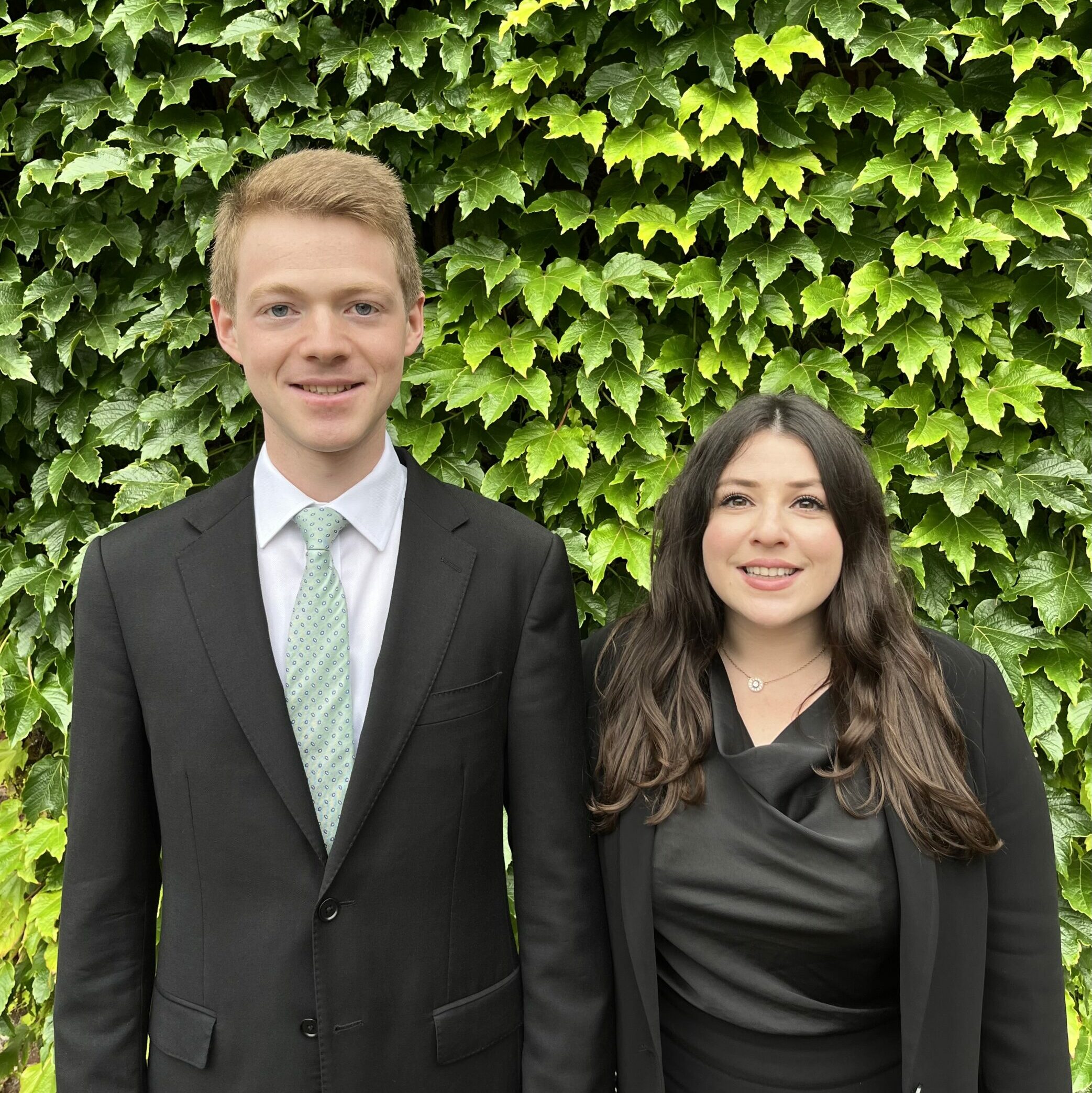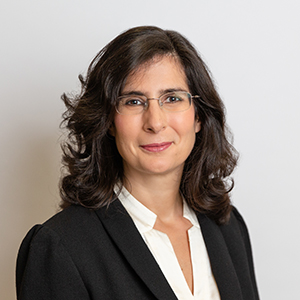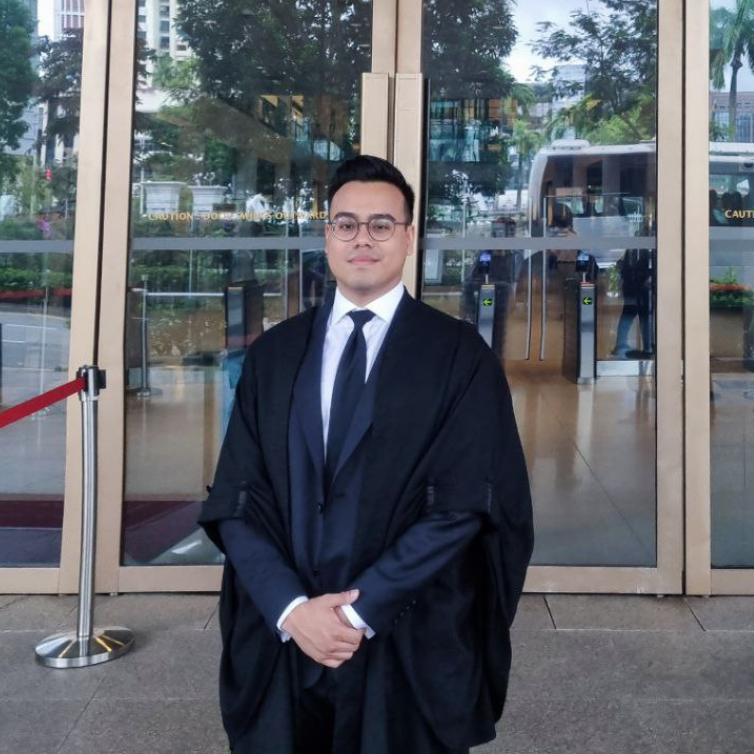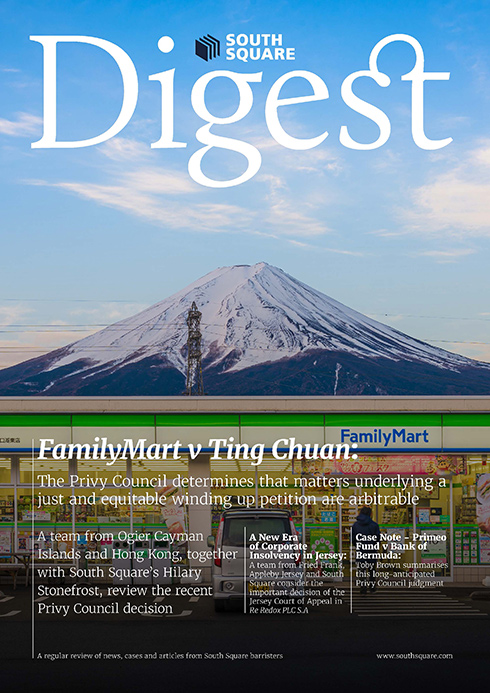
LFSL acted as the authorised corporate director of the LF Equity Income Fund (the “WEIF”), a UK focused investment fund managed by Neil Woodford’s Woodford Investment Management. The Scheme seeks to constitute a settlement fund from which all those who were investors in the WEIF at the time of its suspension on 3 June 2019 (the “Scheme Creditors”) will receive a distribution proportionate to their respective holdings in the fund. In return for these distributions, the Scheme will effect the release of LFSL, its parent company (and its subsidiaries) and advisers from any claims that such Scheme Creditors may have in respect of the WEIF.
The Scheme also contains a novel mechanism via which the rights of Scheme Creditors to recover on any potential claims made against third parties (such as the platforms through which they invested in the WEIF) will be reduced to the extent that LFSL would be liable to pay any consequent contribution claim by any such third party. This protective mechanism ensures that no bar was placed on the ability of investors to make third party claims as a result of the Scheme.
The Scheme was supported by the FCA at the convening hearing. Certain investors of the WEIF appeared (both represented and unrepresented) and objected to the single class of creditors proposed by LFSL for the purposes of considering the Scheme, although these investors did not oppose the Scheme itself. The objections focused on two points which were said to fracture the class: first, the differing potential causes of action held by various investors of the WEIF against LFSL; and secondly, the fact that certain private investors could have recourse to compensation provided by the Financial Services Compensation Scheme (the “FSCS”) should their claims be successful absent the Scheme, whereas institutional investors would not.
As to the first ground of opposition, the Judge rejected the suggestion that a difference in the quality of potential claims held by investors was a sufficient ground to fracture the class, endorsing established authority in doing so. Bacon J noted that all creditors were to be treated in the same manner under the Scheme regardless of the type of claims they may hold and as such, a single class was appropriate.
As to the second ground of opposition, counsel for the objecting investors accepted that potential eligibility for compensation under the FSCS was not a right against LFSL but contended that it remained relevant to the class composition exercise. Bacon J disagreed, holding that this was a case in which all creditors faced essentially the same question, which was whether the Scheme was likely to provide a better return than the possible comparators having regard to the outcome of any associated litigation. The differences in possible eligibility for compensation in this case were not differences in the existing rights against LFSL or rights in the Scheme, but arose from an extraneous right of recourse to a third party and therefore had no impact on the appropriate constitution of class for the purposes of voting on the Scheme.
Felicity Toube KC, Adam Al-Attar and Imogen Beltrami appeared for LFSL, instructed by Clifford Chance.
Tom Smith KC and Marcus Haywood appeared for the FCA.

















